Work package 6
Assessing the values and rights of marine ecosystems, for improved protective strategies
Image credit: Karim Iliya / Kogia
Our oceans play a major role in human survival, planetary health and society’s economy.
For example, plankton produce roughly half of all our oxygen. By absorbing carbon dioxide, the ocean helps to regulate our climate. Marine ecosystems contribute to technical innovations, creating wealth and opportunity.
Should we compensate marine ecosystems for these contributions? Can we quantify the damage our actions impose on their ability to function? Could this information inform more effective, protective strategies?
We are exploring questions like these in WP6, integrating law, economics and philosophy with marine science and the information collected through BIOcean5D.
Together, we are conceptualising the legal, moral and intellectual rights of nature. These rights do not simply remunerate – they define a relationship with the consumer and assign protective value.
By opening this conversation – and developing new ecological theories, frameworks and legal tools – we will redefine the relationship between ecosystems, scientists, industrialists and society.
We hope this could lead to more effective policies and strategies to protect marine life.

Overall, this WP seeks to:
Develop
a new biodiversity value index - taking into account species' functional relevance and interconnectedness
Understand
the economic value of and public attitude towards marine ecosystem functions.
We're using 2 complementary methodologies: natural capital accounting and deliberative monetary valuation
Explore
the legal and moral rights of marine nature, considering the functions provided and the damage humans impose. We'll explore whether this thinking can change the way we approach conservation and policy
“By integrating BIOcean5D science with law, economics and philosophy, we hope to create entirely new concepts and legal tools that could help protect marine biodiversity and ecosystems.”
Sacha Bourgeois-Gironde
CNRS, France
“We’re considering a range of economic ideas to assess the services associated with marine biodiversity. It’s complicated – and it’s what we need to do to put marine ecosystems at the forefront of legislation and conservation strategies.”
Arantza Murillas
AZTI, Spain
